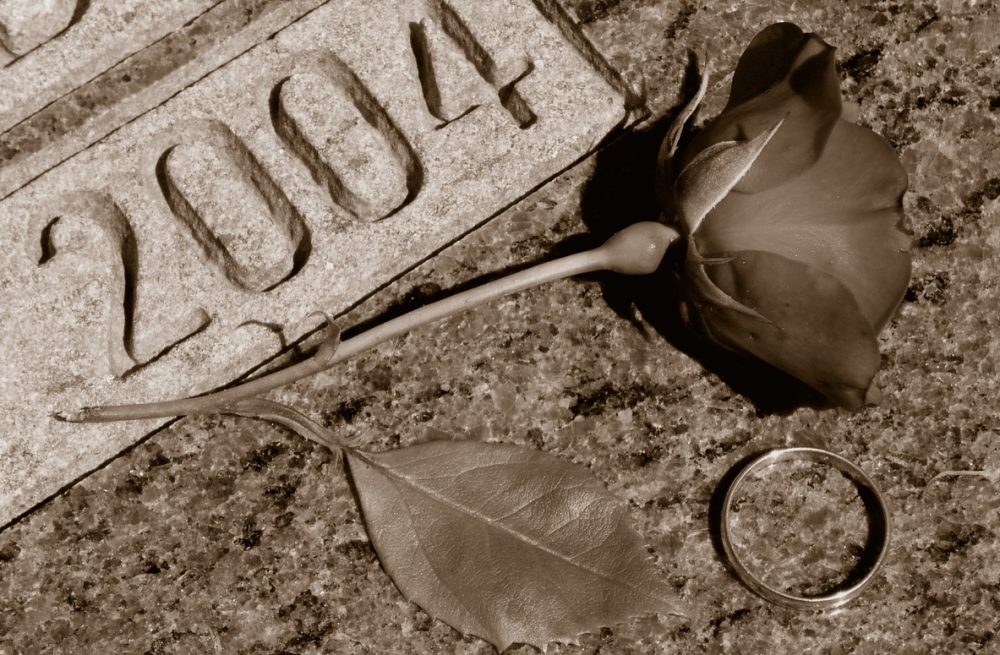What happens if someone dies before their divorce is finalized, but after signing a marital settlement agreement? That’s what the New Jersey Appellate Division tackled in Roik v. Roik, a case with major implications for estate and divorce planning.
Paul and Anita Roik were married for 46 years. In 2020, Paul filed for divorce. The couple negotiated and signed a Marital Settlement Agreement (MSA), dividing assets and waiving inheritance rights. A Zoom hearing was scheduled for January 2022 to finalize the divorce. But Paul died suddenly in late December, just days after signing court documents supporting the MSA.
Paul’s estate, led by his son, moved to enforce the MSA. Anita objected, arguing she had been misled and hadn’t agreed to all the terms. The trial court refused to enforce the agreement, citing uncertainty about the parties’ intent.
On appeal, the Appellate Division reversed, finding: the MSA was clearly signed and voluntarily entered; Anita presented no evidence she intended to contest it; Paul’s certification supported enforcement; A newly enacted statute allowing equitable distribution when one spouse dies during divorce applied retroactively, giving courts power to enforce MSAs posthumously.
Implications of Roik v. Roik
Roik v. Roik confirms that a signed marital agreement can survive a spouse’s death, and New Jersey law now explicitly supports equitable distribution in these cases. For clients going through divorce, estate planning shouldn’t be an afterthought.

